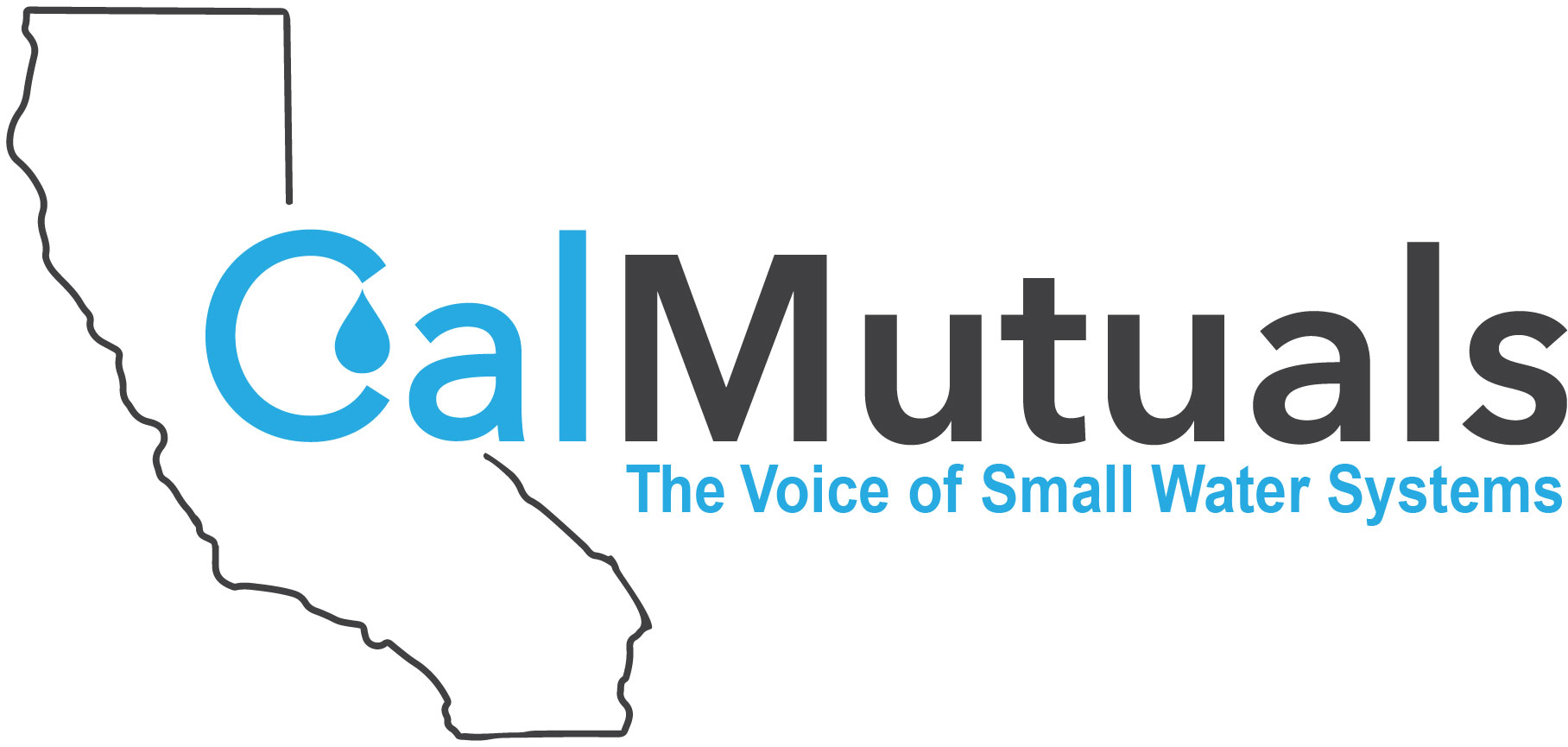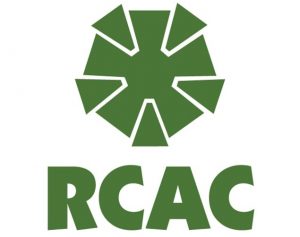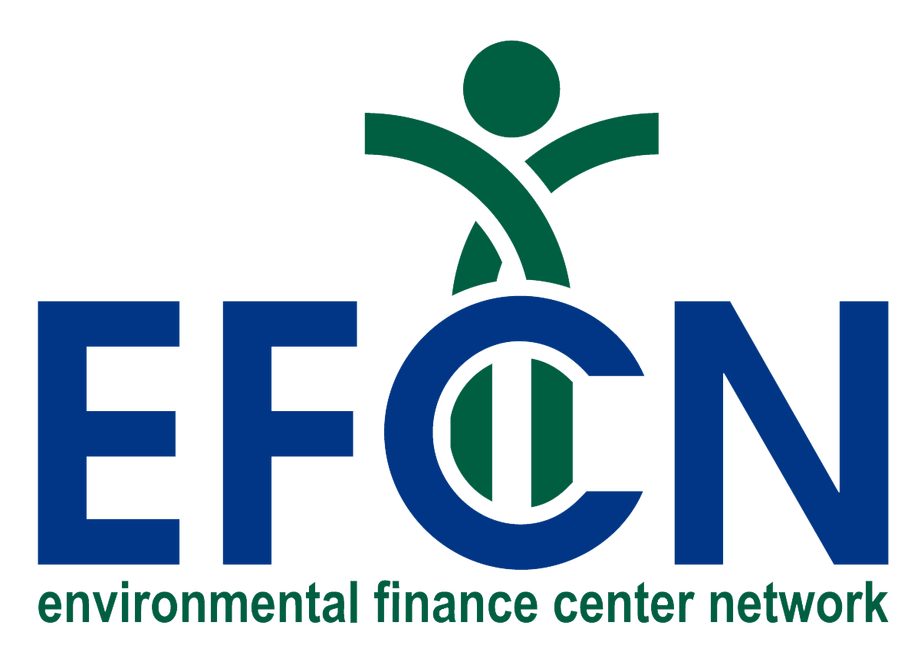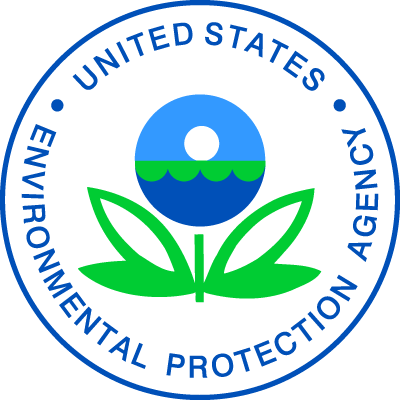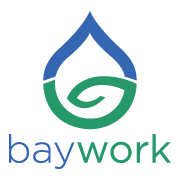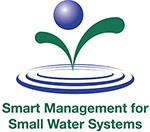RCAC: Groundwater Well Operation & Maintenance
Webinar OnlyHow is your well performing? How do you know what is going on deep in the ground? What goes into the process of choosing a well site? Well equipment must be maintained to ensure long life and quality water within the system. Wells need to be monitored regularly to compile vital information on the health of the source. Participants will learn: • Well site selection process • Well inspection • Well maintenance • Groundwater qualities • Measuring drawdown • Well sounders: Which one is right for me? Operator Basics Series: The recommended audience includes operators, management, water system personnel or anyone with an interest in better understanding the value of operating a safe drinking water system. Click here for brochure. Accreditation: 2 California Drinking Water Contact Hours awarded Contact Hours have been approved for the Registered Environmental Health Specialist Program. Certificates will be available through your profile.
